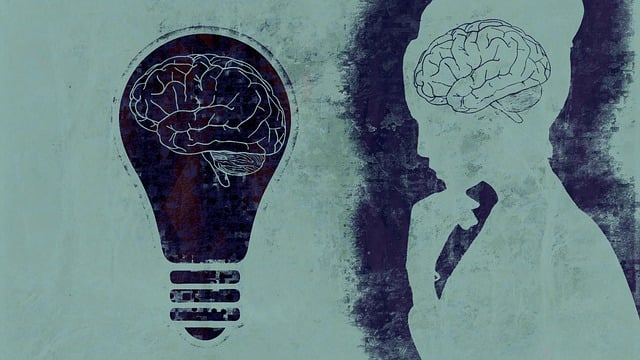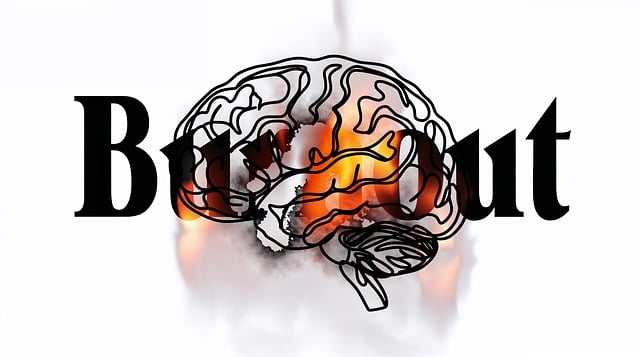Denver Crisis Counseling Therapy (DCCT) equips individuals with essential coping skills for life's challenges through evidence-based programs. They offer self-awareness exercises, structured workshops, and mental health education to enhance resilience and well-being. By focusing on personalized strategies, stress management, compassion cultivation, and mindfulness, DCCT empowers folks to navigate adversity, maintain emotional stability, and lead more balanced lives while advocating for reduced mental illness stigma and systemic support.
In today’s fast-paced world, developing effective coping skills is essential for personal growth and well-being. This article explores various aspects of coping skills development, offering a comprehensive guide to navigate life’s challenges. We delve into understanding coping mechanisms, the role of Denver Crisis Counseling Therapy in teaching practical strategies, identifying individual needs, and providing practical techniques to enhance emotional resilience. By the end, readers will be equipped with long-term coping skills for everyday life.
- Understanding Coping Skills: An Overview for Personal Growth
- The Role of Denver Crisis Counseling Therapy in Teaching Effective Strategies
- Identifying Individual Needs: Assessing Your Unique Coping Mechanisms
- Practical Techniques to Enhance Emotional Well-being
- Building Resilience: Long-term Coping Skills for Everyday Life
Understanding Coping Skills: An Overview for Personal Growth

Coping skills are essential for navigating life’s challenges and maintaining mental well-being. Understanding these skills involves recognizing effective strategies to manage stress, emotions, and difficult situations. Denver Crisis Counseling Therapy offers valuable resources for personal growth by providing tools to cope with everyday stressors and crises.
Through Self-Awareness Exercises, individuals can gain insights into their triggers and emotional responses, fostering a deeper understanding of themselves. Additionally, Stress Management Workshops Organization provides structured programs that teach practical techniques such as relaxation methods, problem-solving strategies, and Positive Thinking exercises. These skills empower individuals to adapt to challenging circumstances, promoting resilience and overall mental health.
The Role of Denver Crisis Counseling Therapy in Teaching Effective Strategies

Denver Crisis Counseling Therapy (DCCT) plays a pivotal role in equipping individuals with powerful coping skills to navigate life’s challenges effectively. Through its structured programs, DCCT offers a safe and supportive environment for personal growth and resilience building. Therapists employ evidence-based techniques tailored to individual needs, fostering self-awareness exercises that are instrumental in understanding emotional triggers. This introspective process is crucial for managing stress, anxiety, and even preventing relapse in those recovering from mental illness.
Beyond direct counseling, DCCT facilitates Mental Illness Stigma Reduction Efforts by creating inclusive spaces where participants can share their experiences openly. By normalizing conversations around mental health, these sessions encourage empathy and understanding within the community. Moreover, DCCT emphasizes Self-Care Routine Development for Better Mental Health, teaching practical strategies to maintain equilibrium amidst life’s pressures. Participants learn to prioritize self-care, recognizing its profound impact on overall well-being.
Identifying Individual Needs: Assessing Your Unique Coping Mechanisms

Every individual copes with stress, challenges, and crises differently. This unique variability underscores the importance of identifying your specific coping mechanisms and needs. Denver Crisis Counseling Therapy provides a safe space to explore these differences, allowing you to better understand how you respond to difficult situations. By assessing your current coping strategies, you can identify both effective methods that you may not have fully recognized and areas where your coping could use improvement.
This self-awareness is crucial for developing robust coping skills tailored to your unique circumstances. Through the guidance of Crisis Intervention, you can learn to manage emotions more effectively, implement healthier coping mechanisms, and build resilience. By understanding your individual needs, you empower yourself to navigate life’s challenges with greater ease and confidence.
Practical Techniques to Enhance Emotional Well-being

In the quest for enhancing emotional well-being, practical techniques offered by Denver Crisis Counseling Therapy play a pivotal role. One effective method is integrating mental health education programs design tailored to individual needs. These programs equip individuals with the knowledge and skills to recognize and manage their emotions more effectively. Through compassion cultivation practices, people can develop a deeper sense of self-awareness and empathy, fostering healthier interpersonal relationships and reducing stress.
Additionally, emotional well-being promotion techniques such as mindfulness meditation, deep breathing exercises, and cognitive reframing have proven beneficial. These strategies not only help in the moment but also build resilience against future challenges. By incorporating these practices into daily routines, individuals can create a more balanced and fulfilling life, enhancing their overall emotional stability and happiness.
Building Resilience: Long-term Coping Skills for Everyday Life

Building resilience is a key aspect of long-term coping skills development, enabling individuals to navigate life’s challenges with strength and adaptability. Denver Crisis Counseling Therapy emphasizes that fostering resilience isn’t just about overcoming adversity; it’s about cultivating an inner fortitude that allows for personal growth and recovery from stressful situations. Through mental wellness coaching programs, individuals learn effective coping strategies tailored to their unique needs. These strategies often include compassion cultivation practices, which have been shown to enhance emotional regulation and build a sense of connection, crucial components in managing daily life stressors.
Moreover, the integration of mental health policy analysis and advocacy within these coaching programs empowers individuals to navigate systemic challenges affecting their well-being. By understanding and advocating for policies that support mental health, people can create a more compassionate society, fostering an environment where everyone has access to resources for building resilience and developing robust coping skills.
Coping skills development is a multifaceted process, and as discussed, Denver Crisis Counseling Therapy offers valuable strategies for enhancing emotional well-being. By understanding individual needs, identifying unique coping mechanisms, and employing practical techniques, individuals can build resilience for everyday life. This journey of personal growth equips one with the tools to navigate challenges and foster a healthier, more balanced lifestyle. Remember that effective coping skills are not one-size-fits-all; thus, it’s essential to tailor these strategies to meet individual needs, ensuring long-term mental well-being.











